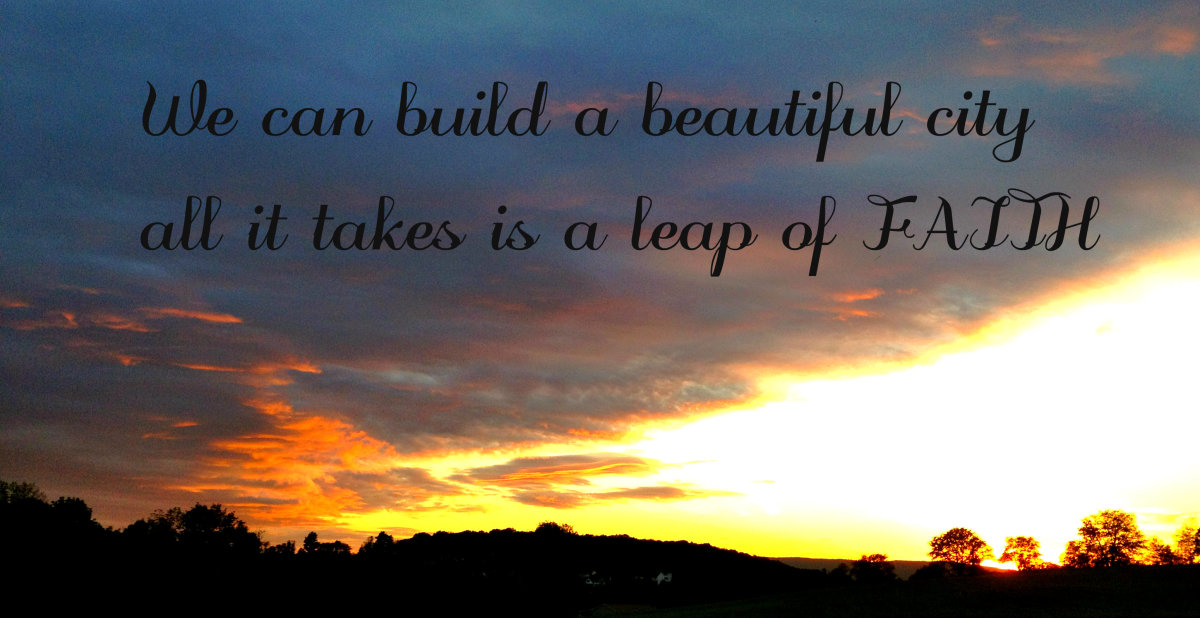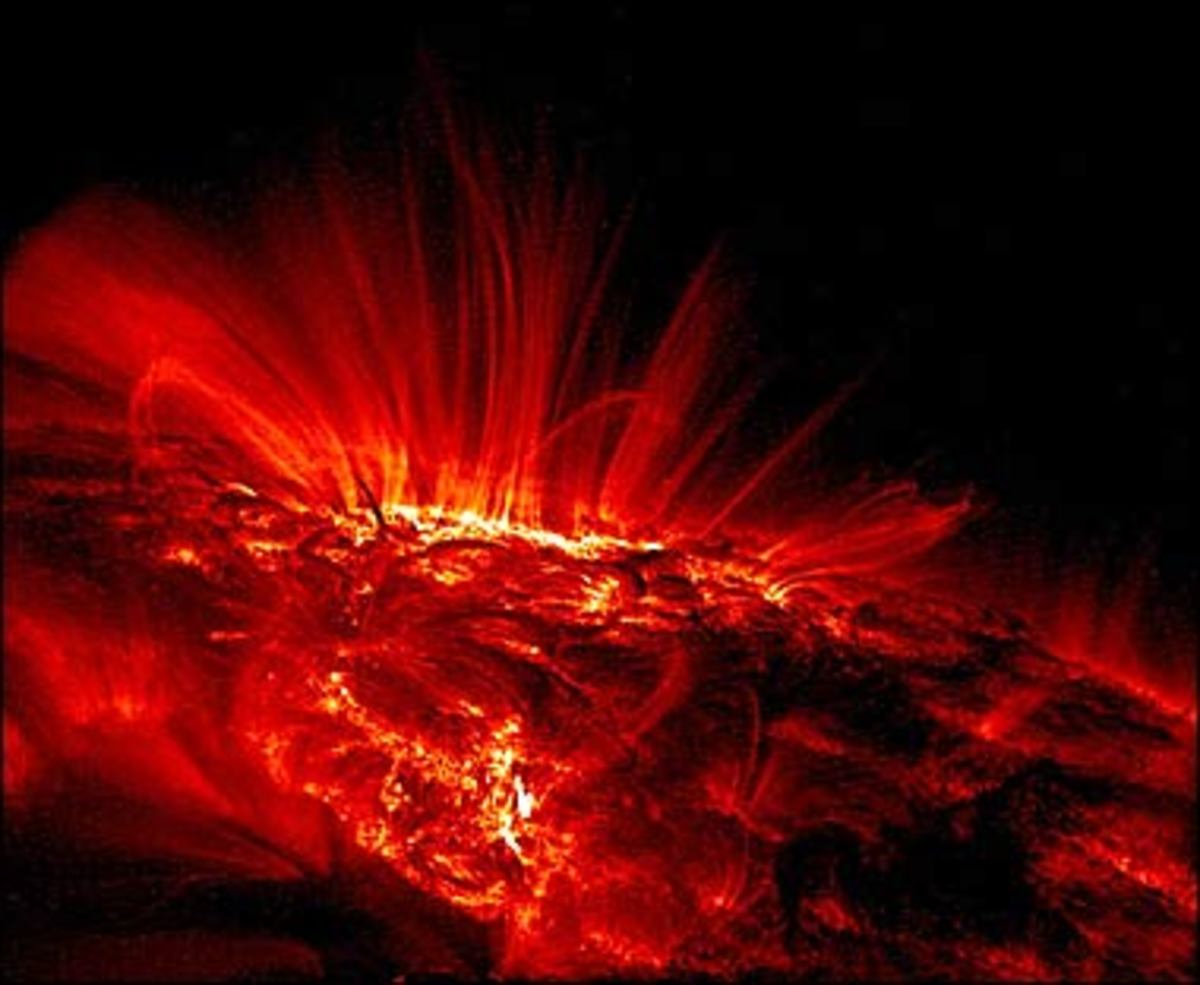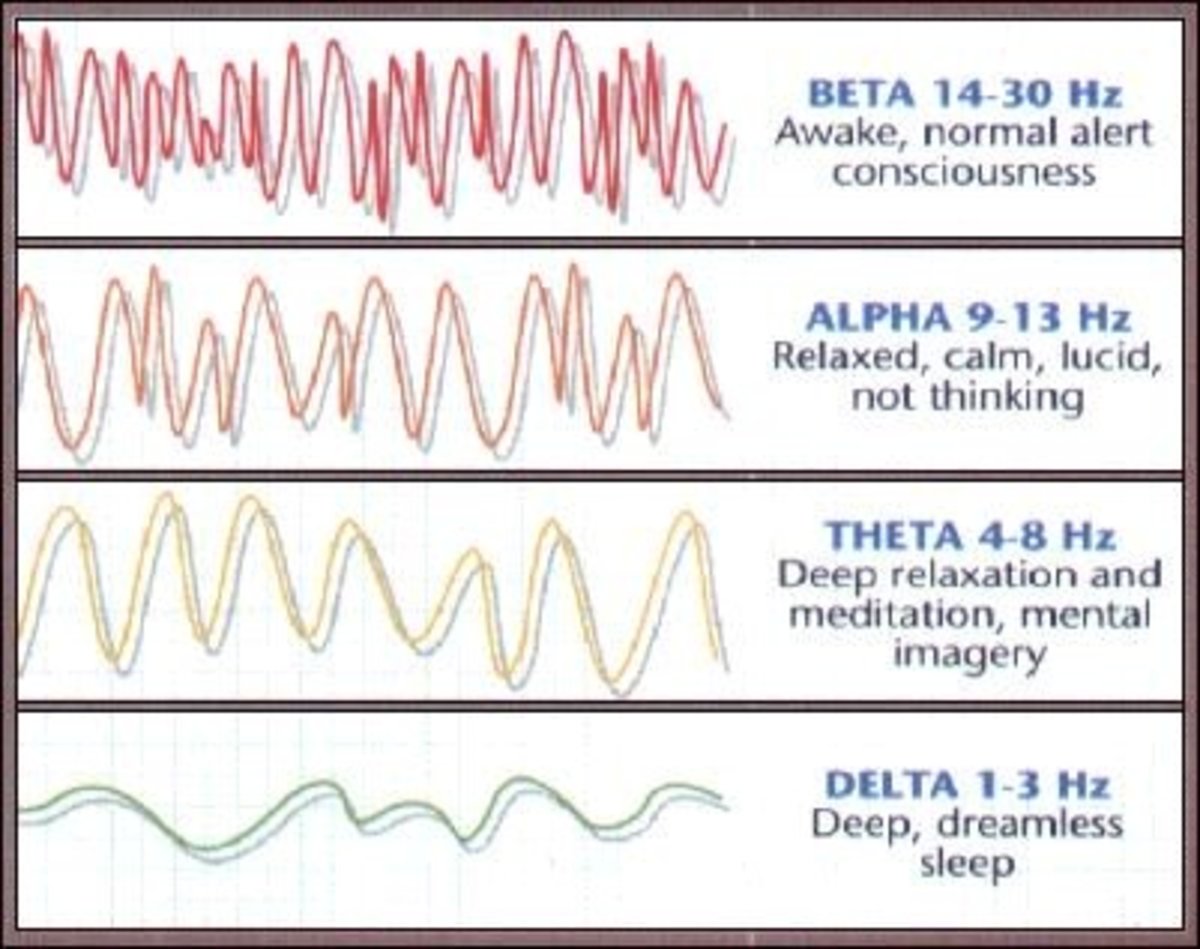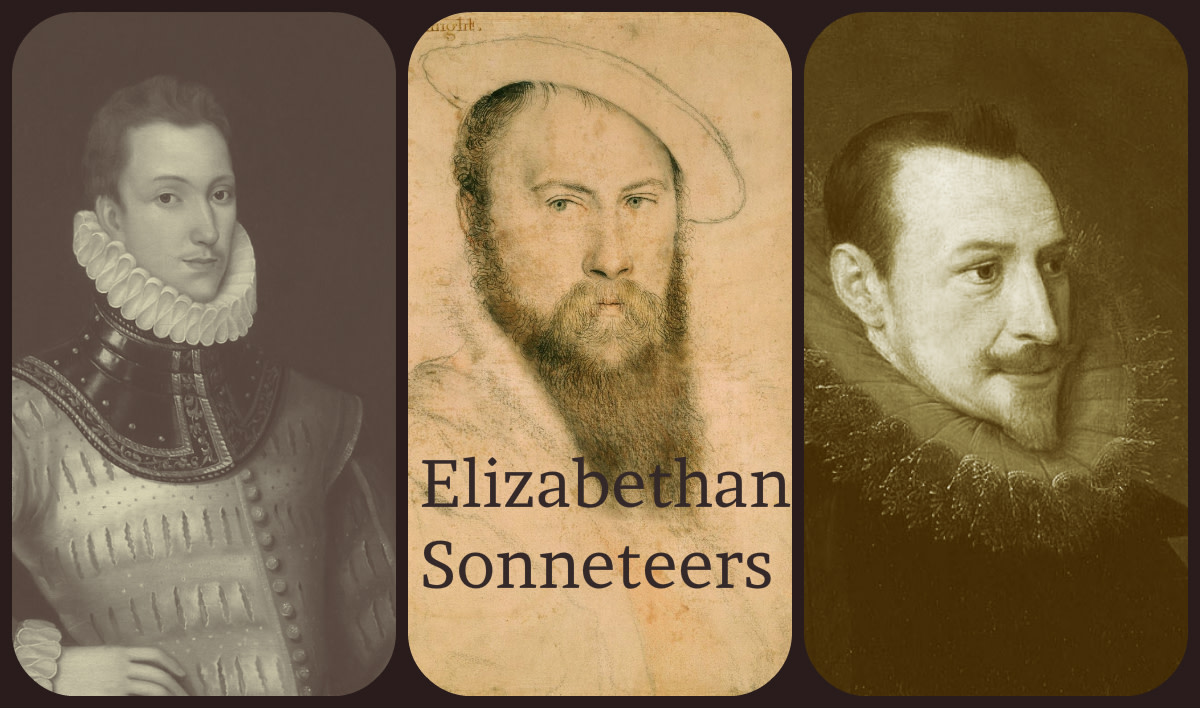Life at Dawn

At dawn
Teach me why
The sky
Edged with red
Drags at my heart
Like a lover
Mother or child
Remind me why I
Was reluctant
To be
Second guessing
All my life
Sleeping
With doubt
Wondering
At waking
It feels so good
To connect
With You
As I walk
Thinking
Of only this
Tell me of
Your children
On and under
The Earth
In air and sea
Laughing at
Each other’s
Surprise
Show me
Your giant
Family photo
Album
I am so
Tired
Wishing
Only
To fold
Into myself
Close all
The windows
Rest
In silence
And darkness
Thank you
For the beautiful
Pain of dawn
The incongruity
Of remembrance
The illusion
Of connection
The reluctance
Of eternal
Childhood
The precious
Nectar of rest
That sparkles
Like the temporary
Invitation
Of frost
At dawn
Whence comes emotion? How do we conceive of a power greater than ourselves? Does our science truly explain the diversity of life? Why do we wish to live or not to live? Why do we so often see meaning beyond the face value of the information brought to us by our five senses?
The human animal concerns itself with things outside itself, its family and its community, wondering and doubting, theorizing and speculating, experimenting and deducing, and experiencing and remembering. Language is the attempt to transmit; listening and reading are efforts to receive.
To closely observe a thing is to see its infinite complexity. Even a grain of sand has facets, a history, its own life in our imagination.
Sensory information is transmitted by electrical impulses to the brain. Every brain is unique in its memories and frame of reference, cobbling together a person’s picture of the world through a combination of observation, deduction and speculation. Each person creates their own unique picture.
When two people paint a picture of the same object, the pictures will always be different. No two people are ever exactly in the same place, thinking the same thoughts the same way. That is one reason we often feel so incredibly alone.
When we communicate, we translate a thought into imperfect language that we articulate or inscribe imperfectly so that it can be read or heard imperfectly by another person and transmitted to their brain as electrical impulses that will spark off a few neurons and create what we refer to as a thought. Their thought will not be quite the same as our thought, ever. For this reason, no one ever truly knows what anyone else is talking about.
Through word usage, juxtaposition and rhythm, poetry is the art of making words express more emotion and feeling then they were designed to do. The position of words within the poem affects their meaning because of their relationship with each other. The sound of the words (heard aurally or mentally) can convey emotion, or create new relationships between words that expand their meaning in the mind of the reader or listener. Like an iceberg, two thirds of which is submerged, the greater part of poetry occurs in the mind of the audience.
When you want to speak to someone at the deepest possible level, write them a poem.









